Nigeria has raised its daily output of barrels of oil and condensates from a million to 1.67 million, Mr Mele Kyari, NNPCL Group Chief Executive Officer, has disclosed.
Daily pumping of crude had dropped some months ago as a result of insecurity and large-scale theft in the oil-rich Niger-Delta.
Kyari said in Abuja that President Bola Tinubu had re-engineered the security approach in the region and this has led to improvement in crude production.
“The President has re-engineered the security approach. We have already seen very significant changes in our production environment,” he said.
Persecondnews recalls that the National Bureau of Statistics (NBS) had said in August that Nigeria recorded an average daily oil output (NGOIL=ECI) of 1.22 million barrels per day (mbpd) in the second quarter of 2023.
Tinubu, who has embarked on Nigeria’s boldest reforms in decades, scrapped a costly but popular subsidy on petrol that cost the country $10 billion last year. The central bank, under Tinubu, has also lifted foreign exchange trading restrictions.
On petrol subsidy, Kyari restated that the country would have been spending about N1 trillion ($1.3 billion) monthly on the subsidy “in today’s market conditions”.
According to him, petrol consumption figure has dropped by 30% to about 46 million litres per day after the subsidy removal.
“Foreign exchange demand for petrol imports has also declined. We simply don’t have those resources anymore. We’re not just saving money, we’re also facing realities around what we can afford,” Kyari said.
Nigeria’s oil sector is yet to contribute positively to the country’s economic growth, which slowed to 2.51% in the second quarter due to years of underinvestment, crude-oil theft and pipeline vandalism.
In the second quarter of 2023, the nation’s oil sector which accounts for the bulk of government revenue and about 90% of foreign exchange earnings contracted to about 13.43 per cent.












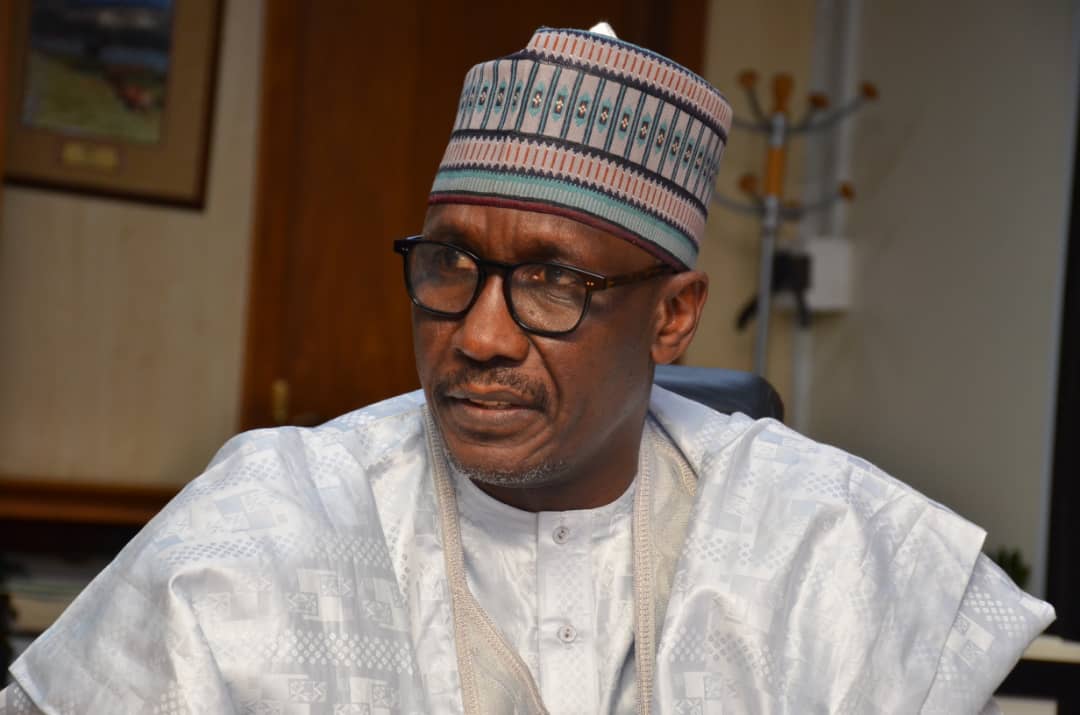






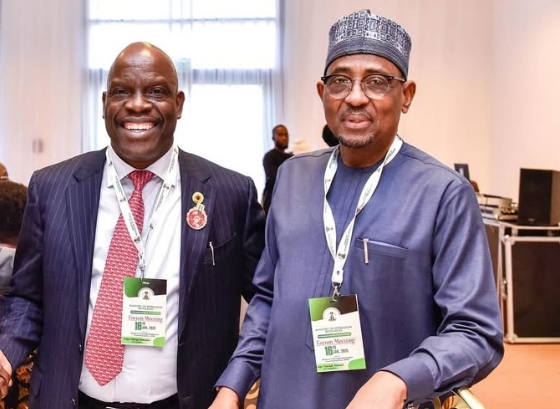



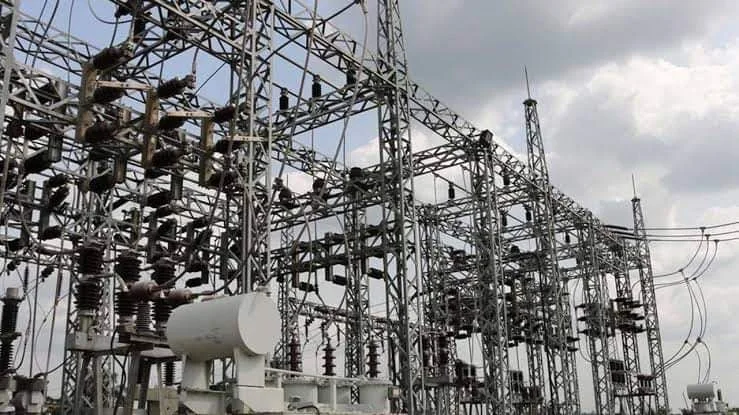

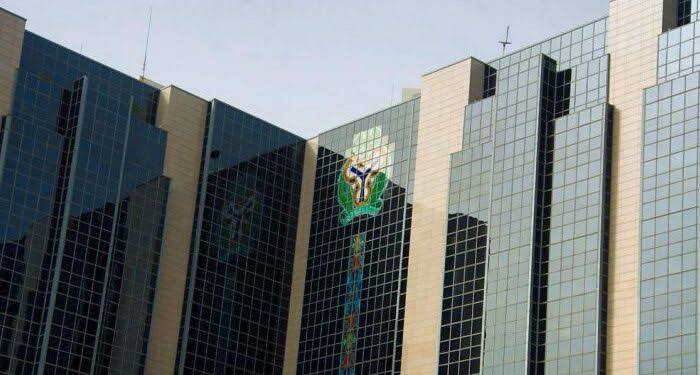
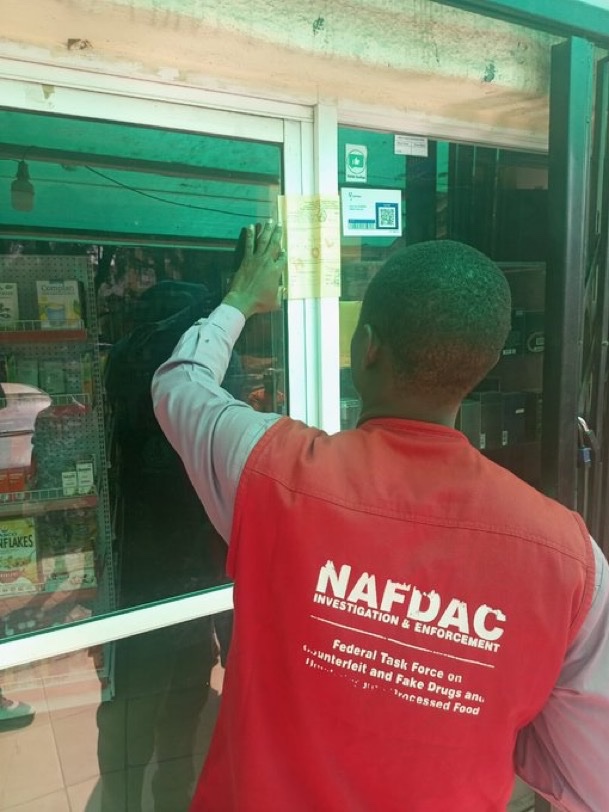
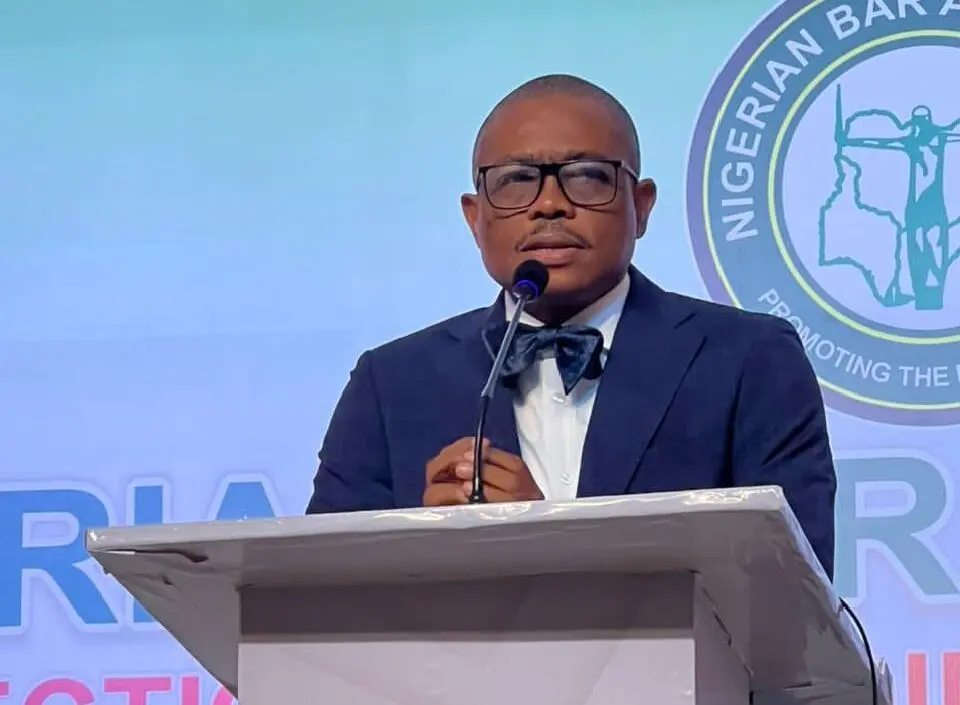


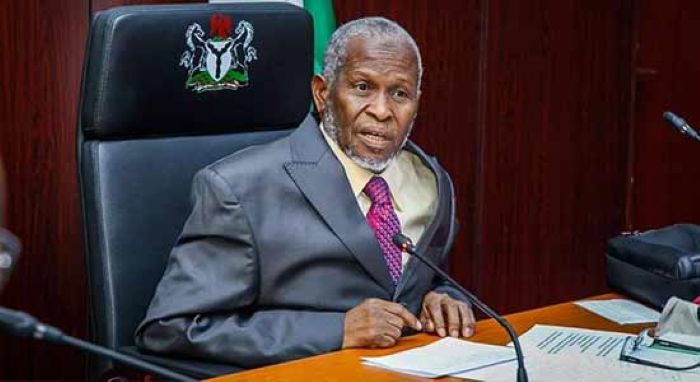
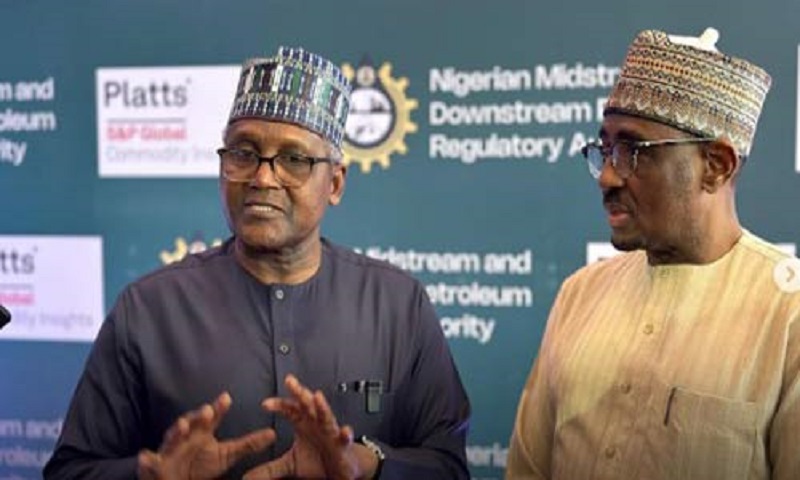
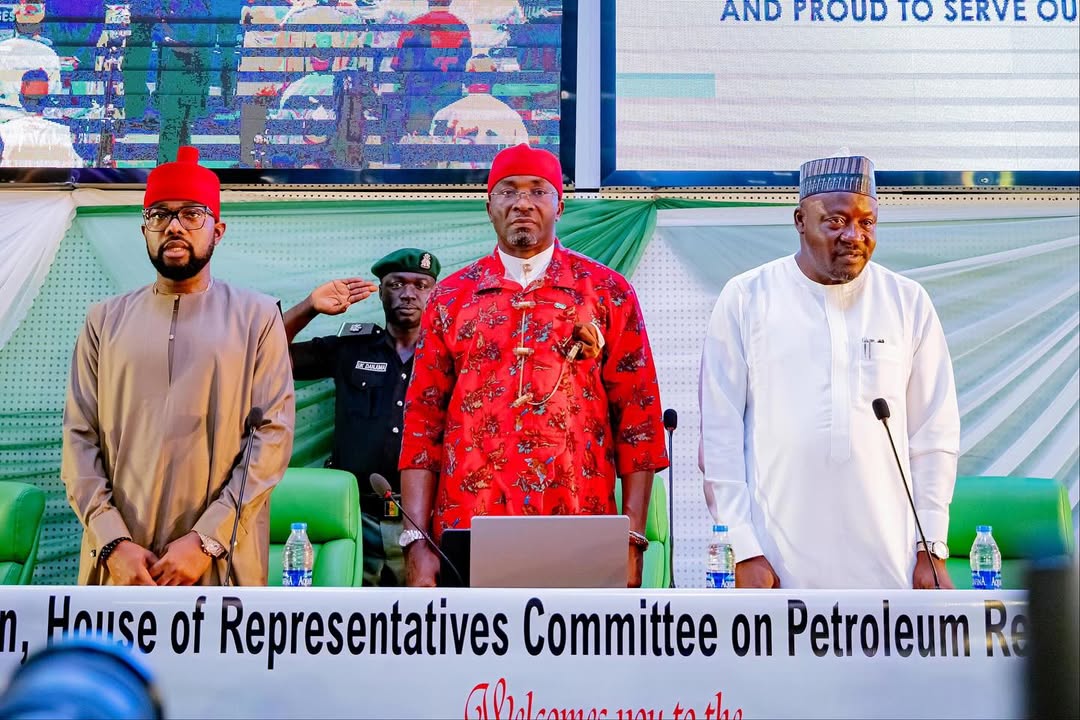


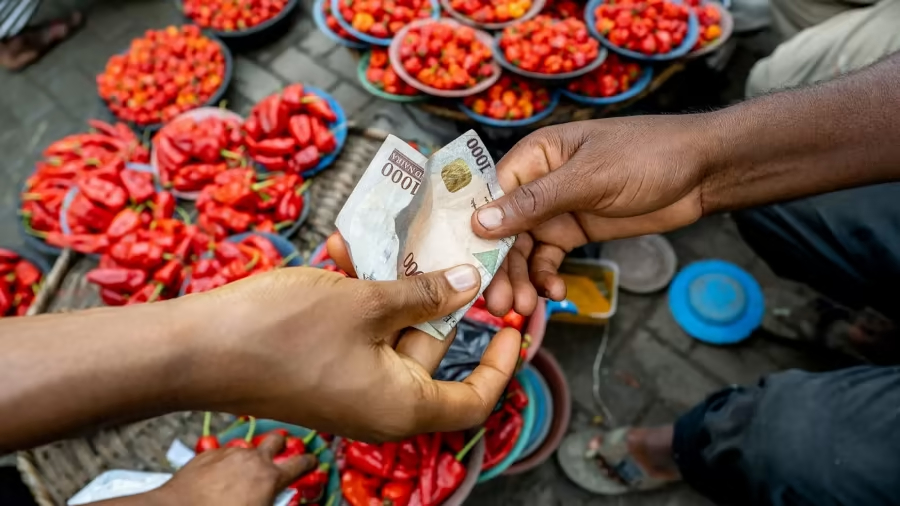
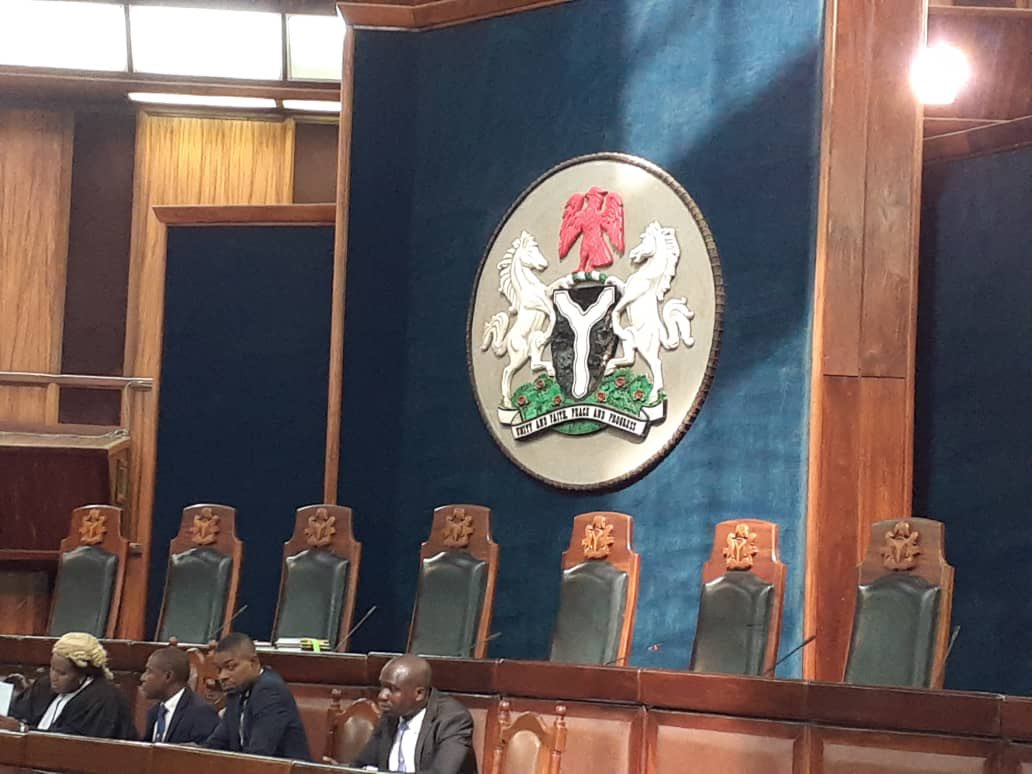
Leave a comment